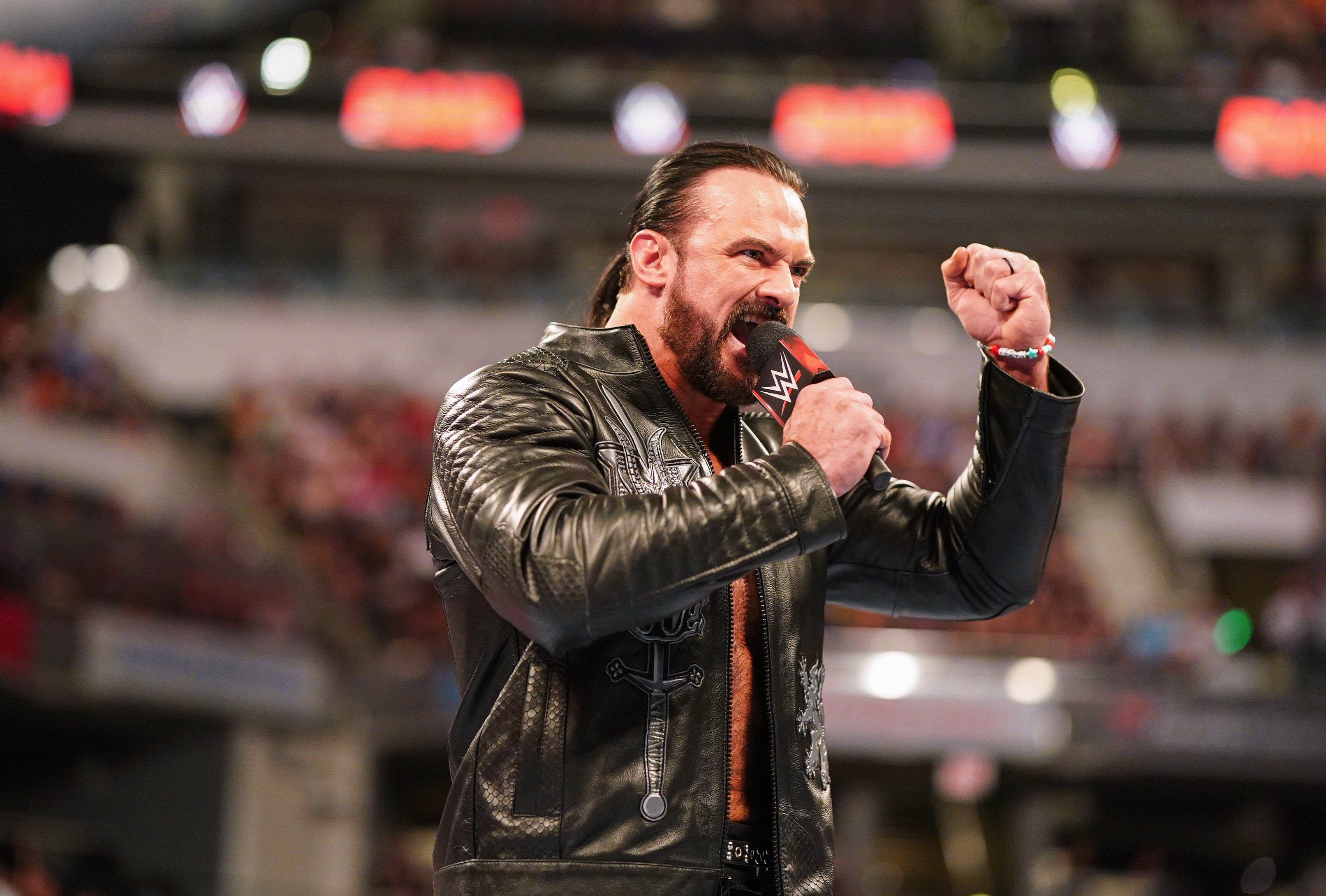What's New
A temporary funding bill or Continuing Resolution (CR) backed by President-elect Donald Trump failed to pass in the Republican-controlled House on Thursday night, prompting political analysts to address questions about Trump's control over his own party.
Why It Matters
The CR would avert a looming government shutdown if it passes by the end of Friday night. A shutdown would put government employees on unpaid furlough and disrupt numerous federal departments and programs just in time for Christmas.
What To Know
A bipartisan version of the CR looked likely to pass until it was killed on Wednesday after Elon Musk and Trump urged Republicans to block it. The Trump-endorsed version failed the following day when 38 Republicans voted against it alongside Democrats.
Some of the Republicans who voted against Trump's favored version of the bill on Thursday pointed to the inclusion of a provision that would have lifted the federal debt ceiling for two years.
While conservatives have traditionally been opposed to raising the debt ceiling, Trump has recently rankled Republicans by calling for the federal borrowing limit to be removed entirely.

What People Are Saying
Syracuse University Political Science Professor Grant Davis Reheer, to Newsweek via email on Friday morning: "President-elect Trump will need that debt limit lifted for his planned tax cut... But regularly suspending it rankles genuine fiscal conservatives... The president-elect certainly has a lot of influence over the Republican Members, but they all know that in the end it's their own district's voters who determine whether they stay in the chamber.
"Speaker Johnson is in a really tough position. A government shutdown at this point will likely be blamed on the Republicans, but how to avoid it? ... If the Republicans want to avoid starting out the new term with a black eye, Trump would be well served to take a few lessons from Lyndon Johnson when it comes to leveraging Congress."
William Howell, the Sydney Stein professor of American Politics at the University of Chicago, to Newsweek via email on Thursday night: "Clearly, there are limits to the president's command over his party in Congress. And when the party enjoys the barest of majorities, there's hardly any room for error. Tonight's vote makes these simple facts eminently clear. But this singular vote shouldn't detract from the big picture here.
"As he returns to office, Trump governs a party that can be expected to be far more accommodating of his policy agenda and far more attentive to his political needs than it was during his first term in office. That he felt perfectly comfortable pushing his party as far as he did, and that the vast preponderance of Republicans followed his order, hardly tells a story of weakness."
Political analyst Craig Agranoff, to Newsweek via text message on Thursday night: "The CR not passing, even with Trump's backing, doesn't necessarily signal a loss of power but rather highlights the complexities within today's political landscape. His influence is still significant, but this outcome shows that other factors, like competing priorities & intra-party divisions, can outweigh any single endorsement. It's less about Trump's power diminishing & more about the growing challenges of navigating a deeply fragmented Congress."
Political analyst and Dillard University Professor Robert Collins, via a text message to Newsweek: "The loss of 38 Republicans in the House shows that he doesn't have as much power over the caucus as he thought. People need to keep in mind that second-term presidents become lame ducks fairly quickly after taking office. Historically, second-term presidents always have less power than they had in their first terms."
Political analyst and former George W. Bush official Scott Jennings, during a CNN appearance on Thursday night: "Seems to me that what Republican voters want is some party unity, and that's where Trump comes in. And although this effort to try to get the government funded tonight, that he backed, came up short, I think to bring the party together he has to be an integral part of it. You can't go around him, he's the incoming president...somebody has to take some leadership responsibility here and it's going to have to be Trump. He tried today and he's going to have to keep at it to keep his party unified around some idea."
What Happens Next
Republican leadership was left scrambling to craft a CR that might pass through Congress on Friday night. The government will shut down just after midnight if no bill passes.
Speaker of the House Mike Johnson told reporters after a Republican meeting on Friday that he was confident a shutdown would be avoided, saying there was "unanimous agreement in the room that we need to move forward" and "we will not have a government shutdown."




















 English (US) ·
English (US) ·